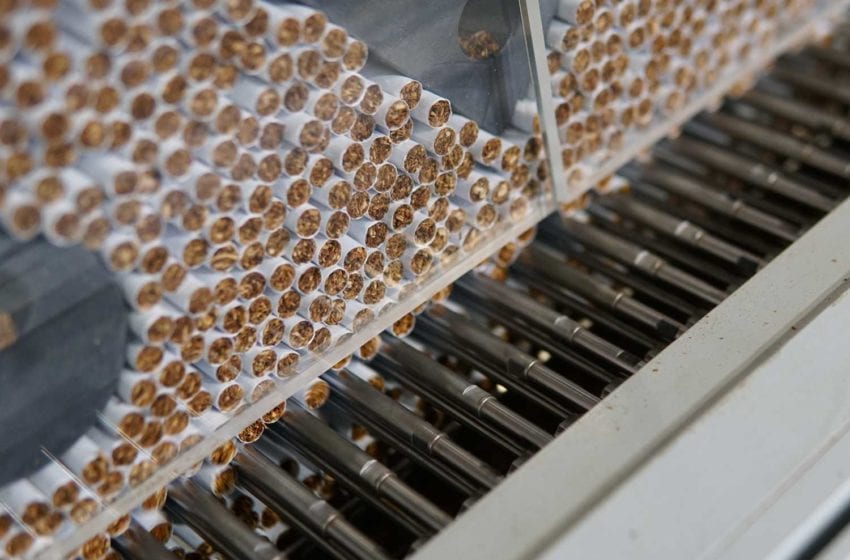
Imperial Brands continues to make progress toward its five-year strategy to transform the business and remains confident it will deliver the full-year accelerated adjusted operating profit growth in line with its previously stated medium-term guidance, the company wrote in a press release.
For the full year, on a constant currency basis, tobacco and next-generation product (NGP) Imperial Brands expects net revenue to grow at a low single-digit rate with group adjusted operating profit growing at a rate close to the middle of the company’s mid-single-digit range.
Constant currency tobacco and NGP net revenue growth has strengthened over the same period last year underpinned by strong combustibles pricing and growth in the company’s NGP business. In combustibles, focused investment in Imperial’s five priority markets continues to support resilient aggregate market share with gains in the U.S., Spain and Australia, broadly offsetting declines in Germany and the U.K. These results are consistent with Imperial’s medium-term objective to hold or grow aggregate share across these markets. At the same time, Imperial says it has delivered strong pricing, more than offsetting wider industry volume pressures in certain markets.
The company expects NGP first-half net revenues to grow in the mid-teens to high-teens at constant currency. Imperial is now present in more than 20 European markets and the U.S., and in the first half, Imperial launched innovative products in all three categories, including new single-use formats under the Blu brand, new iSenzia nontobacco heat sticks and entry in the U.S. oral nicotine category with the Zone range of pouches.
The company projects growth in first-half group adjusted operating profit to be at low single digits on a constant currency basis, reflecting the anticipated second-half weighting of performance. In the first half, constant currency tobacco adjusted operating profit will be ahead of last year with good performances in Europe and Americas more than offsetting a softer performance in the AAACE region, which benefited from a very strong comparator period.
Imperial says it is also improving its NGP gross margins as it builds scale and is reducing NGP operating losses alongside continued investment in line with the company’s plans. First-half group adjusted operating profit has also benefited from growth in distribution, reflecting performance at Logista, the Spanish-based distribution business in which Imperial has a 50.1 percent stake.
The interim results for the six months ended March 31, 2024, will be announced on May 15, 2024.



















